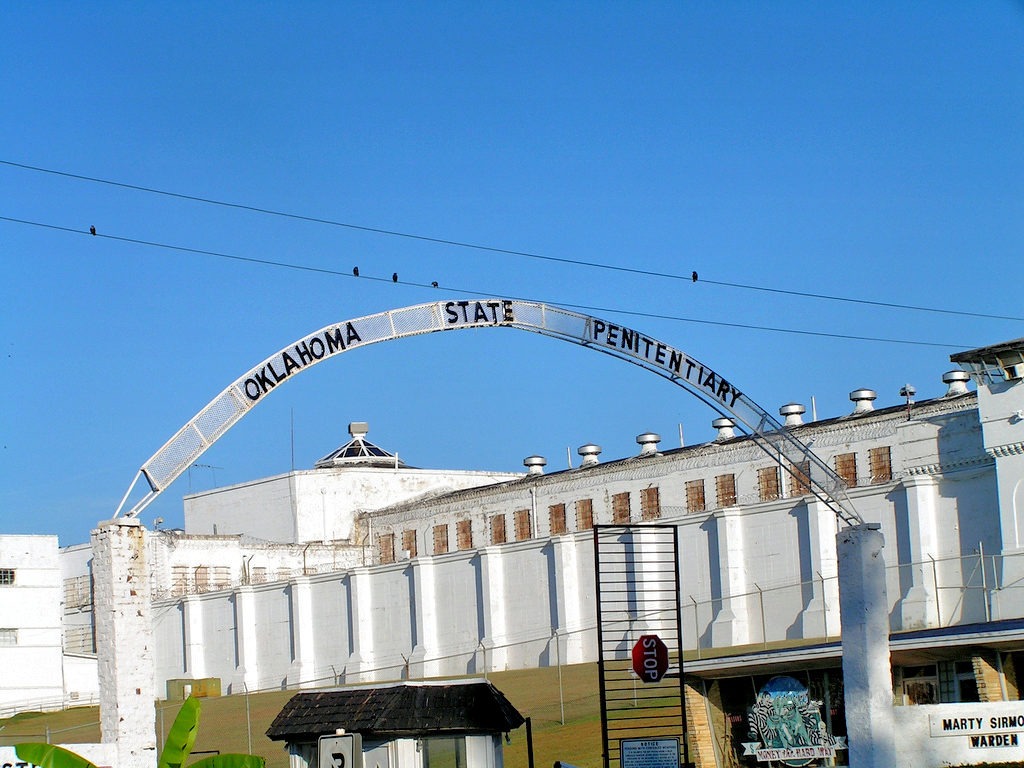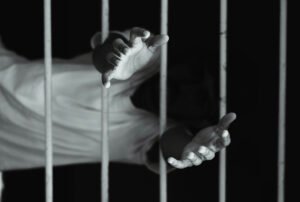
October 31, 2019; The Oklahoman
Today, at 11 a.m. in Oklahoma, the state Pardon and Parole Board will decide whether to recommend a mass sentence commutation that will affect hundreds of people convicted of simple drug possession and property crimes. If the accelerated, single-stage docket progresses as expected, and the governor then approves the measure as he is expected to do, more than 400 prisoners will be released from custody in what will evidently be the largest commutation in history.
Today, in fact, is the day that House Bill 1269—which makes certain criminal justice reforms retroactive—takes effect. The bill was passed with bipartisan support.
Baylee Lakey, the governor’s communications director, says that the governor expects to move quickly. “We will process the board’s recommendations immediately with the goal to allow inmates to be released as early as Monday,” Lakey said.
There were 900 individuals who could be released but were deemed ineligible for the expedited process for other reasons, such as misconduct while in prison or because a victim or a DA objected.
In 2016, Oklahoma voters passed State Question 780 to make simple drug possession and certain property crimes misdemeanors instead of felonies, which reform advocates said signaled a desire from the public to prioritize treatment over incarceration for those struggling with addiction.
Sign up for our free newsletters
Subscribe to NPQ's newsletters to have our top stories delivered directly to your inbox.
By signing up, you agree to our privacy policy and terms of use, and to receive messages from NPQ and our partners.
The state question took effect in 2017 but didn’t apply retroactively. Earlier this year, the Legislature passed House Bill 1269, which directed the Pardon and Parole Board to establish an accelerated commutation process for those serving felony prison sentences for crimes that are now misdemeanors.
Kris Steele is the executive director of Oklahomans for Criminal Justice Reform, the nonprofit coalition that advocated for the reform and has been working with the Tulsa County Public Defender’s Office, University of Tulsa law students, and community partners on commutations—but at a far slower pace, freeing only 30 to date. Still, those commutations are credited with laying the groundwork for this larger effort.
“This moment in time I think represents who we are at our best as a state,” Steele said. “There are a lot of people who have contributed and continue to contribute to strengthening families and to safely reducing our prison population and making better use of our state’s resources and investments in mental health and substance abuse treatment.”
“This collaborative effort made it possible for over 750 nonviolent offenders to make contact with over 200 volunteers and access information and tools to help them as they prepare to leave prison and return to their families,” Lakey wrote in an email. “The Stitt administration is working to ensure this is the new standard in helping inmates prepare for release and a successful reentry into society.”
The George Kaiser Family Foundation is one of many nonprofits and state agencies that have collaborated to ensure that the returnees have what they need to have a chance at success. Amy Santee, a senior program officer at the foundation, observes that the task called for a broad response.
“There are so many barriers that the system has created that makes reentry extraordinarily challenging, and then there is a frustration when individuals aren’t successful, and so I think it’s incumbent upon all of us—the state, the city, the county, individuals, workforce, all of us—to break those barriers down and ensure that individuals have an opportunity and a second chance after prison,” Santee said.
What impresses us about the effort is how everyone is working together—across party and sectoral lines—to get something done that is decisive, consequential, and politically symbolic all at once. —Ruth McCambridge












